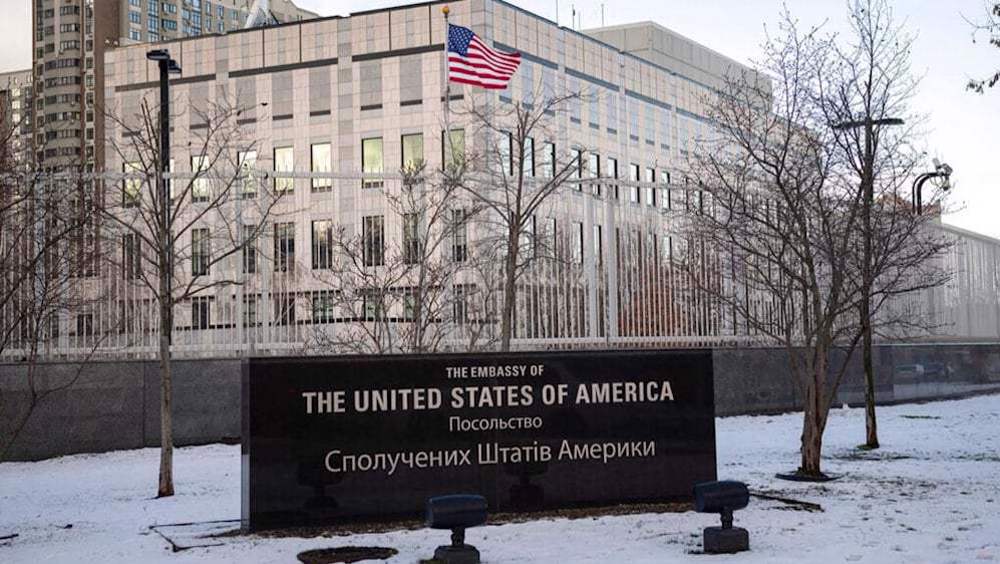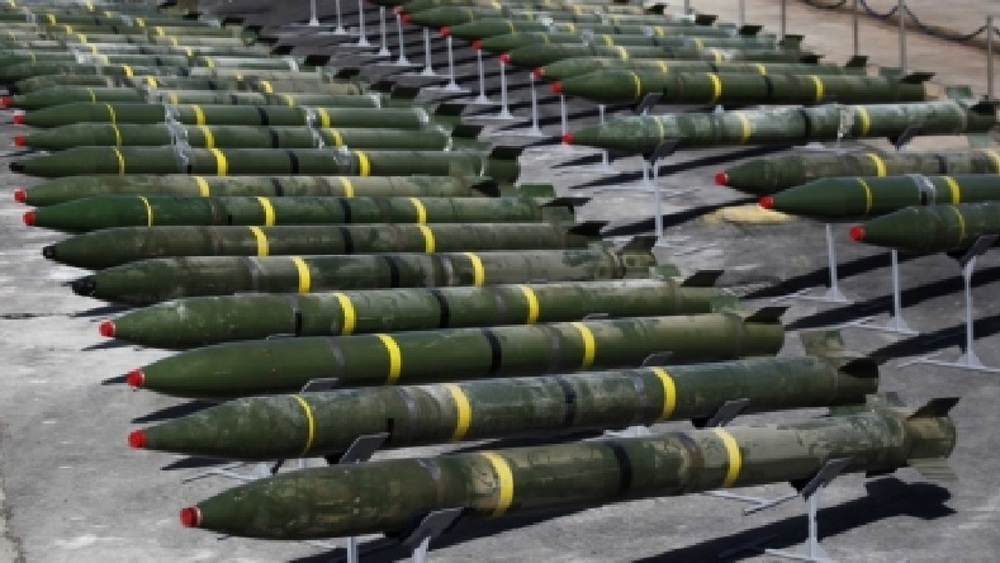Belgium admits security failure but 'not a failed state'
Belgium’s Prime Minister Charles Michel has admitted security failures after recent deadly bombings but rejected the notion that his country is a failed state.
On March 22, three bombings happened in Brussels’ main airport and a metro station, killing 32 people and wounding over 300 others in attacks claimed by the Takfiri Daesh terrorist group.
Michel said, “When there is an attack like that, of course that’s a failure and nobody can deny this.”
But “I cannot accept the idea that we’re a failed state,” he said on Wednesday at a press conference in the capital Brussels.
The attacks came four days after the sole surviving suspect in the Paris attacks, Salah Abdeslam, was arrested in Brussels after four months on the run as Europe's most wanted man.
Abdeslam is currently awaiting extradition from Belgium to France and has denied any prior knowledge of the Brussels bombings.
Belgium, a notoriously complex country divided along linguistic and political lines, has been accused of failing to keep better track of suspected extremists as the Paris attacks were largely planned in Brussels.
"It took 10 years to stop bin Laden," Michel countered, referring to former al-Qaeda chief Osama bin Laden.
"We're a small country at the heart of Europe... a hub from where one can easily organize attacks in other European countries," Michel said, calling for better cross-border intelligence cooperation.
Michel claimed Belgium had succeeded in preventing many attacks, adding in 2015 alone, the country successfully prosecuted scores of people on terrorism-related charges.
"Today we return to normal life in Brussels and Belgium,” he said.
Documents obtained by the French media reportedly indicated that Abdeslam’s arrest in the Belgium on March 18 could have stopped the three coordinated bombings in the country if he had been better probed about future terror attacks.
On Monday, French Prime Minister Manuel Valls said adherents to the radical Saudi-backed Salafi ideology have gained the upper hand in France as they push to attract followers.
Speaking at a round-table in Paris, the premier warned that Salafists were “winning the ideological and cultural battle” in France.
Salafism is often equated with Wahhabism, the radical ideology dominating Saudi Arabia and freely preached by clerics in the Arab country.
Wahhabism is also the ideology of the Daesh terrorist group, which claimed responsibility for the Paris attacks and the deaths of some 130 people.
European governments have used the attacks to launch a crackdown, raising fears of an Islamophobic backlash.
Nov. 21: ‘Axis of Resistance’ operations against Israeli occupation
VIDEO | Israeli forces storm West Bank’s Jenin again, target civilians
Iran activates advanced centrifuges after IAEA's 'unjust' resolution
VIDEO | Press TV's news headlines
Iran FM: Response to Israeli aggression 'inevitable'
VIDEO | Iran eases the rules for exporting hand-woven carpets
VIDEO | Intl. Day for the Elimination of Violence against Women: A stark reminder of Gaza women
Australia denies ex-Israeli minister Shaked visa














 This makes it easy to access the Press TV website
This makes it easy to access the Press TV website